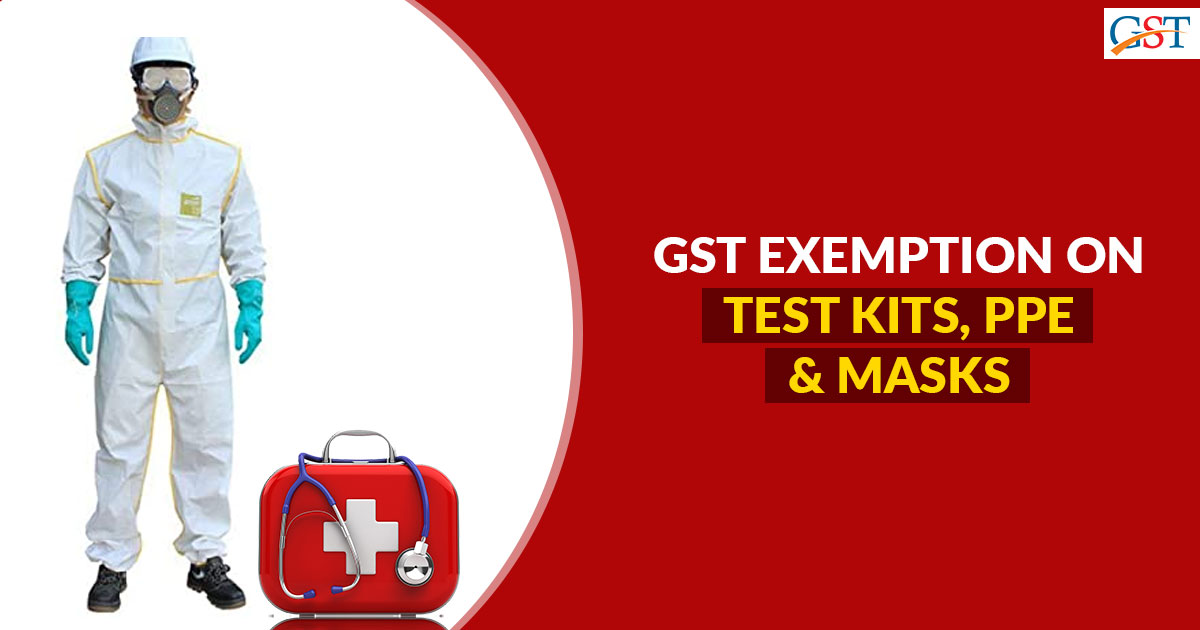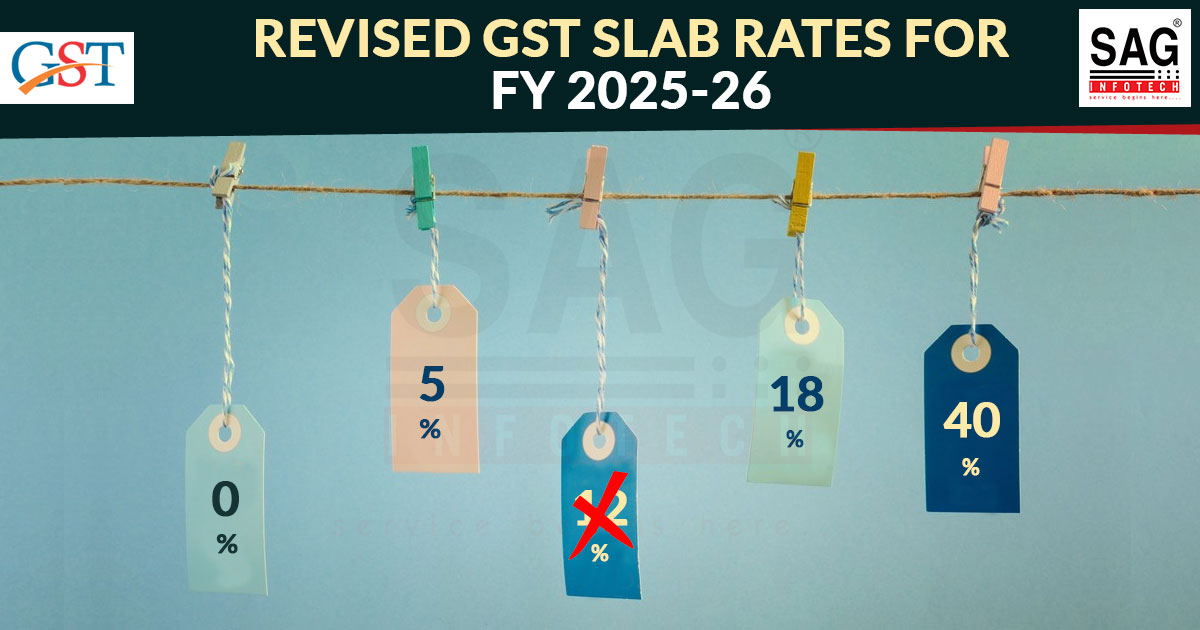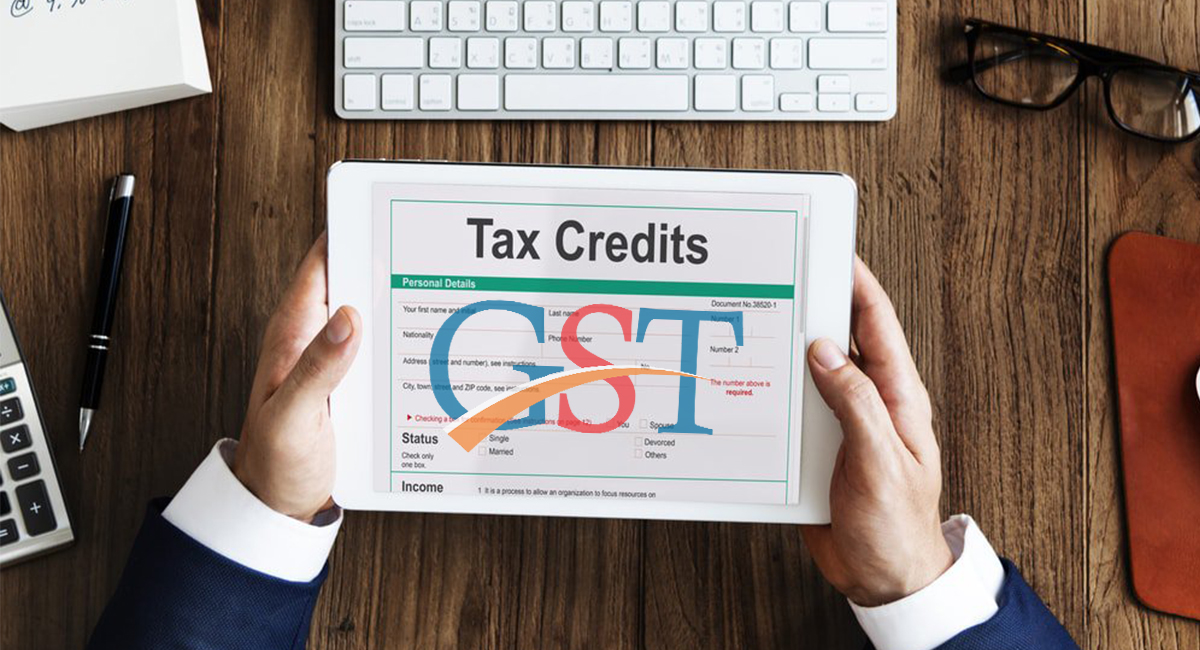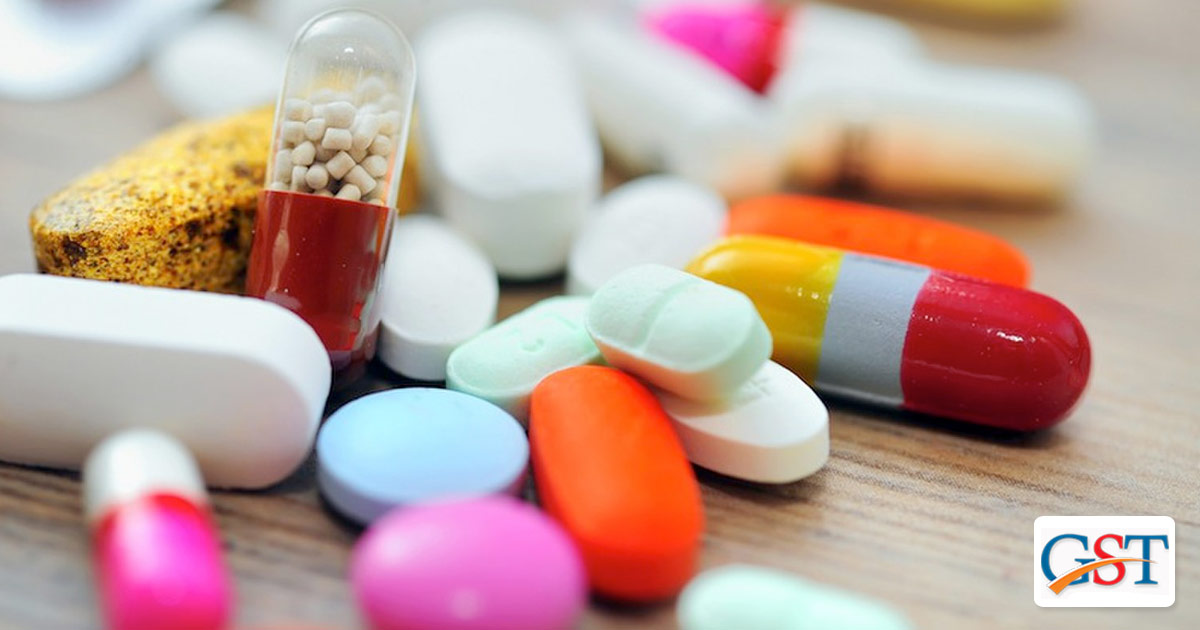
The experts have said that providing an exemption of Goods and Services Tax (GST) on products and services being used to fight coronavirus like Medical Test Kits, Personal Protective Equipment (PPE), Masks, etc. might turn out to be counterproductive. GST on PPE is charged at the rate of 5% if the cost of the product is below Rs. 1,000 and 12% if the cost of the product is above Rs. 1,000. Similarly, GST on masks is charged at the rate of 5%, GST on medical test kits and ventilators is charged at the rate of 12% each and 18% GST Rate 
A lot of different influential individuals are recommending the government to remove the tax imposed on such products and services and make them exempt. The main idea behind the recommendation is that the exemption of GST will bring down the prices of the products and services and will prove to be helpful in the fight against the virus.
The Burden of Income Tax
A government official said that the exemption of GST will result in an increase in the price of the manufacturing of such products as the exemption will create a blockage of Input Tax Credit (ITC). He described that the GST is a kind of value-added tax (VAT). GST is charged on each level of the supply chain on a net basis according to the addition of value on a particular stage. If the GST charged on masks is exempted, then also the cost of the mask will be the same but no amount of Input Tax Credit (ITC) 
He explained that the exemption of GST will not favor the customers that much but will increase the burden on the manufacturer. The manufacturer will be forced to manage different accounts for inputs (inputs for exempted products and others). If he does not maintain different accounts, then also he will be required to calculate and reverse the inputs on exempted goods.
Tax Reduced to Zero
The partner at KPMG (Klynveld Peat Marwick Goerdeler), Harpreet Singh said that the exemption of GST from such products and services might fail to achieve the intended target as it will result in the blockage in the flow of ITC. He said, “The right step could be to make sales of PPE zero-rated where no taxes are levied on sales and input taxes that go into the manufacturing of PPE are refunded”.
The partner at AMRG and Associated, Mr. Rajat Mohan said that the decision of exemption of GST will prove to be counterproductive because of ITC. But, he also said that removing the tax charged under GST will remove the compulsion to compliances under GST for the manufacturer. He said, “At this time, the margin is very high in such kits, thereby exemption would lower the cost of products in quite a few cases — especially where the tax rate is 18 percent due to application of ‘mixed supply’. This will save the chain from compliance of e-way bills also”.
Another official said, “While the elimination of BCD may have been detrimental to domestic manufacturing, the customs duty was reduced in the larger interest of immediate need of such goods to deal with COVID-19, considering that domestic supply may not have been sufficient to meet the increased requirement”. He said that the demands for exemption of GST on various products and services have been increased since the time the government removed cess and custom duty on ventilators, medical test kits, and masks till 30th September.
Read Also: Impact of GST (Goods and Services Tax) on Medicine Prices 
The exemption of cess and custom duty will benefit the importer for sure but it will be very hard for the manufacturer. Additionally, the period of exemption of cess and custom duty is limited for a period of time only.
| Sr. No. | Items | Cost (Rs.) | GST Rate | GST (Rs.) |
|---|---|---|---|---|
| Inputs | ||||
| 1 | Fabric | 300 | 5% | 15 |
| 2 | Other inputs, capital goods, input services | 700 | 18% | 126 |
| 3 | Total inputs (1+2) | 1000 | Total ITC | 141 (15+126) |
| Output | ||||
| 4 | PPE | 1175 | 12% | 141 |
| 5 | Net GST on output (Net of ITC) | = (Output tax – Input tax) = (141-141) |
0 | |
| 6 | Net price to consumer (including GST | 1175 + 141 | 1316 | |